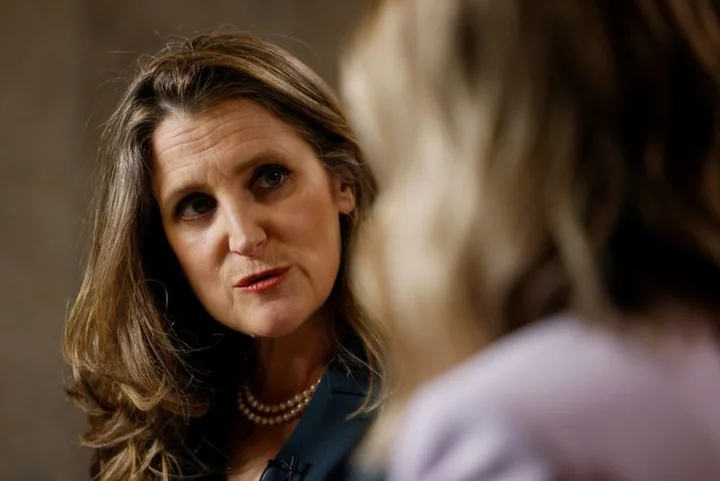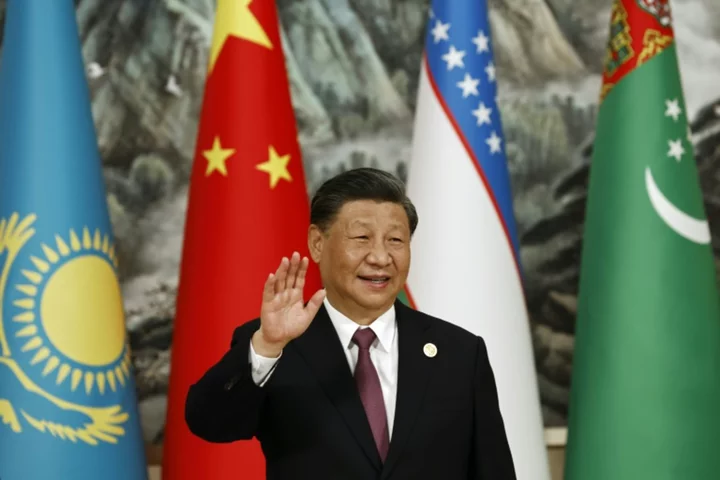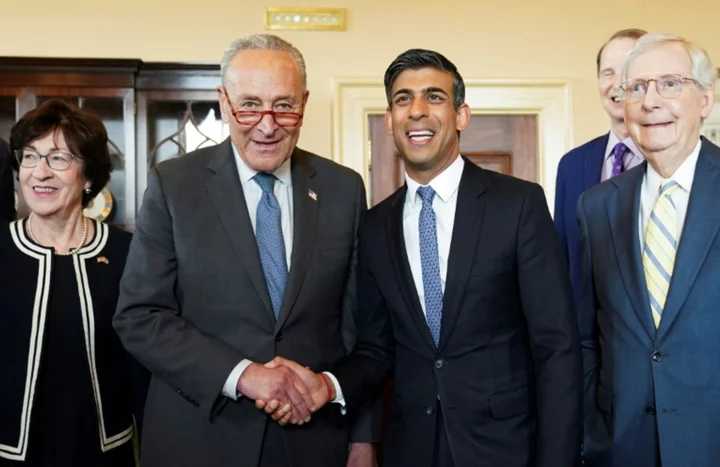By Ismail Shakil and Steve Scherer
OTTAWA Canada sees a path forward in reaching international consensus on digital services taxes, and a decision to not back a global agreement on freezing the implementation of domestic taxes was taken in the national interest, Finance Minister Chrystia Freeland said on Tuesday.
Last week, most countries with planned digital services taxes agreed to hold off applying them for at least a year longer than what was agreed initially as a global tax deal to replace local taxes was pushed back.
Ottawa did not back that deal to extend, saying such a delay would put Canada at a disadvantage relative to countries that have been collecting revenue under their pre-existing digital services taxes.
"At this point, it is really important for us to defend our national interest and what we agreed to was a two-year pause," Freeland told reporters in a call from New Delhi.
Freeland, in India to attend G7 and G20 meetings, said she had good conversations about finding a path forward on digital services taxes.
"We support reaching an international consensus and we did have some good conversations within the G7 and bilaterally on finding a path forward where an international agreement can be reached and the Canadian interest can be protected," Freeland said.
"We explained our position in face-to face conversations ... our partners understand our approach, they understand the reasons behind Canada's position," she said.
More than 140 countries were supposed to start implementing next year a 2021 deal overhauling decades-old rules on how governments tax multinational companies. The old rules are widely considered to be outdated as digital giants like Apple or Amazon.com can book profits in low-tax countries.
However, the process has dragged on and the more than 30 governments that have or plan national digital services taxes had agreed to put them on ice until the end of this year, or drop them altogether once the first pillar of the tax deal takes shape.
"We absolutely support the international efforts to reach a tax agreement and Canada is already in the process of implementing pillar two," Freeland said. "We very much support efforts to conclude and implement pillar one as well."
The first part of the two-pillar deal aims to reallocate rights of taxation on about $200 billion in profits from the biggest and most profitable multinationals to the countries where their sales occur. The second pillar calls on governments to end tax competition between governments to attract investment by setting a global minimum corporate tax rate of 15% from next year.
(Reporting by Ismail Shakil and Steve Scherer in Ottawa; Additional reporting by David Ljunggren in Ottawa; Editing by Matthew Lewis)









